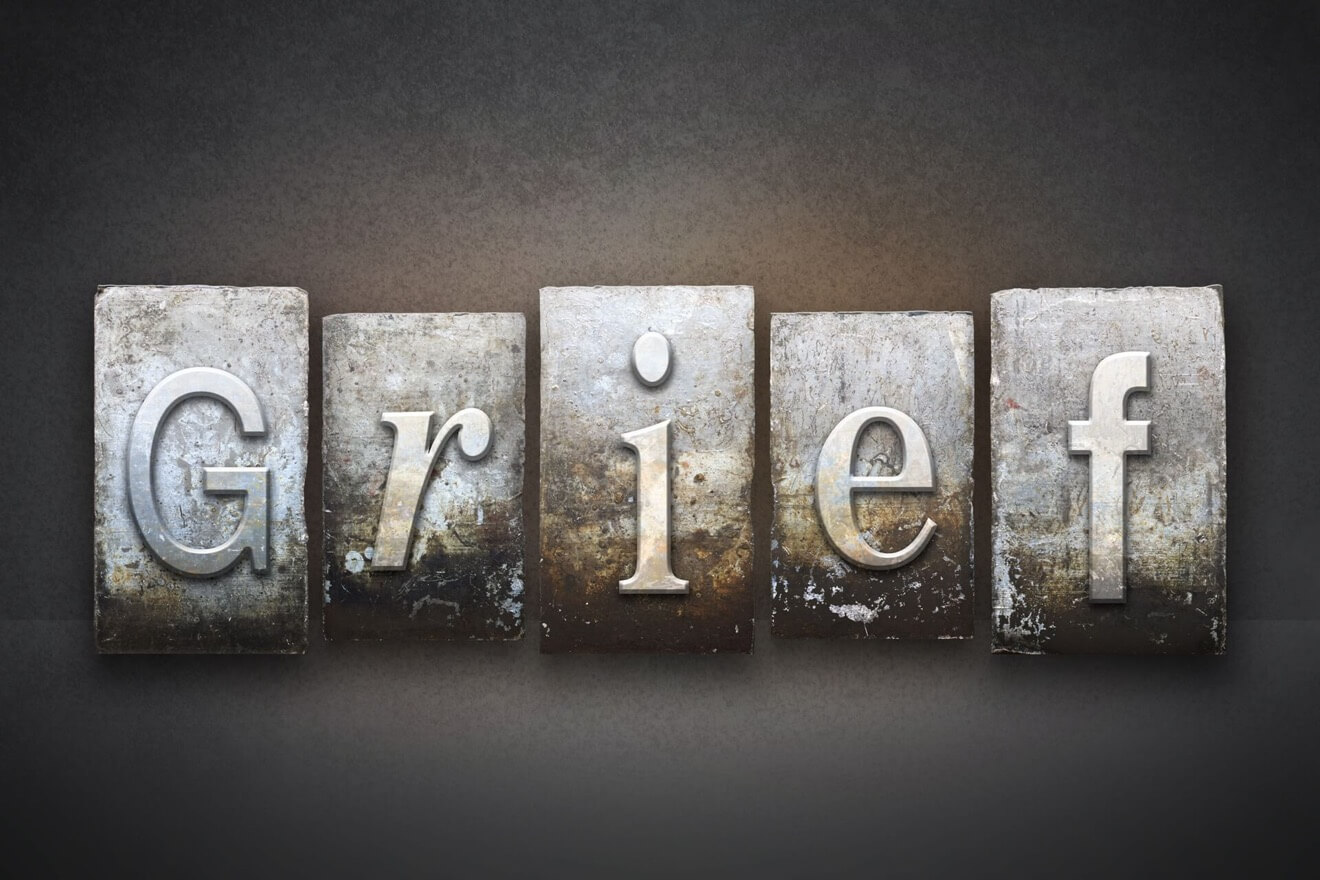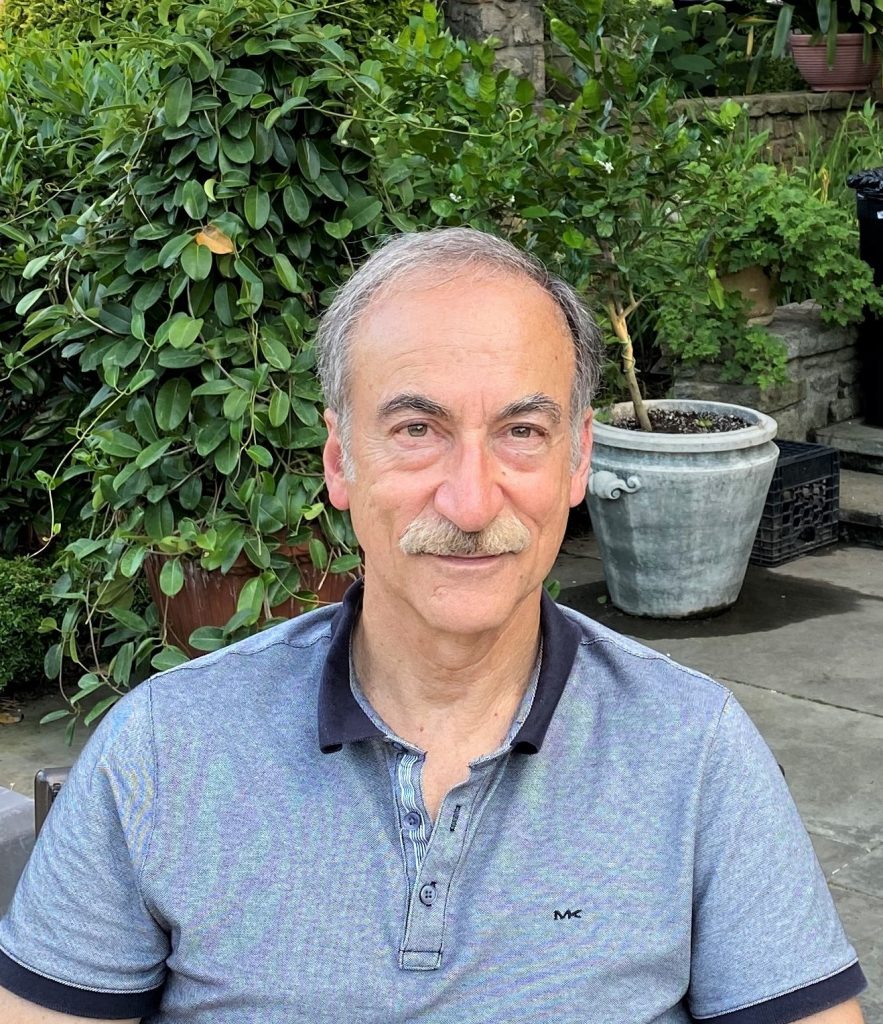Are you grieving the loss of a loved one? Have you been considering grief counseling? While the symptoms of grief are part of a normal recovery process, it can be difficult to go through the process of mourning over days, weeks, months, or years. Grieving the loss of a loved one is particularly hard on quarterlife young adults for several reasons. In this post, we’ll discuss the symptoms that accompany grief and the stages, and associated tasks, of the grieving process.
What are the symptoms of grief?
These are some common symptoms of grief. Following a loss, you will need time to heal.
- Guilt
- Fear
- Irritability
- Headaches
- Changes in appetite or sleep
- Fatigue
- Sadness
- Numbness
- Denial
- Anger
Stage 1: Accepting the reality of the loss
The first stage of mourning involves both an intellectual and emotional acceptance of the loss. Grappling with the thought that our loved one has died is hard to handle, and you may find yourself reaching for your phone to text them or expecting to see them in the next room. It takes time for reality to set in. Be patient and gentle with yourself.
Stage 2: Experiencing the pain of grief
An important part of the grieving process is to let yourself experience the emotions that come with grief. These are often felt as guilt, anger, isolation, and sadness. While these are part of a normal grieving process, it can be difficult to deal with them alone. If you’re struggling to handle your grief, don’t be afraid to reach out to a counselor. They can provide you with strategies to address your grief. You can find additional resources about grief here.
Stage 3: Adjusting to an environment in which the deceased is missing
This stage involves various types of adjustment that will take place as your life continues without the deceased.
- External adjustments: How the death affects your daily functioning
- Internal adjustments: How the death affects your sense of self
- Spiritual adjustments: How the death affects your beliefs, values, and assumptions about the world
Stage 4: Feeling emotionally connected to the deceased and moving on with life
In this final stage, you memorialize the deceased in your psychological life in a way that leaves room for others and your relationships with them. It is possible to create an emotional space for your deceased love one while maintaining a place for new relationships and moving forward. Take time to memorialize your loved one and create traditions to honor them.
Final thoughts
Are you seeking help for a recent loss? Grief counseling can help provide relief and help you feel less alone. At QLC, we provide both 1:1 and group counseling services with our therapists. Visit here for more information.
Citations
Worden, J.W., Grief Counseling and Grief Therapy, Fourth Edition, Spring Publishing Co., NY, 2008.
Publisher: Source link






